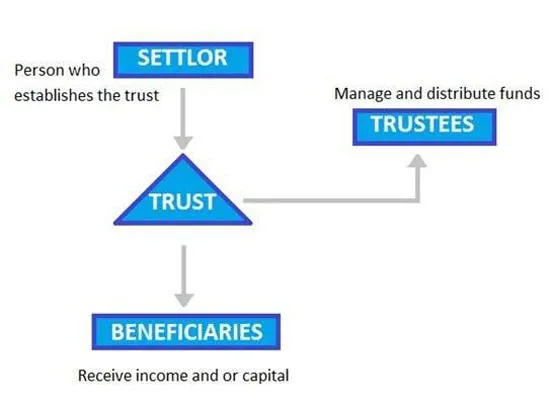It's essential to make sure that all of your affairs are in order in the event of your death. People typically think first of their assets and personal possessions, but what about your pets?
Will the placement of your beloved animal be an issue after you pass away? Setting up a pet trust can ensure that the care of your animal will be handled in a way that you see fit.
We're going to go over what you need to do in order to set up a pet trust in addition to explaining what it covers.
The Benefit of a Pet Trust
A pet trust, first and foremost, sets up specifics about what happens to your pet in the event of your death. This also applies to any situation wherein you are physically unable to take care of your pet and need to change caretakers.
When you set up the trust, the first thing you must identify is a trustee. This person will hold the funds of your trust and use the money to cover a host of essential things.
The money from your pet trust will go toward regular visits to the vet, cover the cost of any emergencies, take care of grooming cost, and the expenses of grooming and food. Further, this money should go toward any end of life care that your pet may need to go through.
These trusts are typically set up to last until the end of your pets life expectancy. That said, many states have a total time limit of 21 years.
Types of Pets Covered, How to Set it Up
Traditional pet trusts cover the most common animals that a person would have. Dogs and cats, reptiles and small animals like hamsters and guinea pigs. Larger animals like horses might require more specific and unique trusts.
The creation of a pet trust is similar to the creation of any other trust. It's recommended that you work with an estate planning attorney when you're drafting up the document.
They'll help work with you and set it up so that your pet goes into the hand of your trustee. Additionally, they'll help you set up successor trustees that your pet would go to should you outlive your original trustee.
Things to Consider
You want to make sure that there is a standard of care expected for your trustee. This should be laid out in your trust, but it may also help to communicate your standards with the trustee in person.
With this standard in mind, think about how much money your trustee would realistically need to uphold the level of care.
Taking Care of Your Assets?
A pet trust is essential if you're looking to establish a healthy life for your pet after you pass. There are a number of other things you should consider when setting up the handling of your affairs after you pass.
Contact us for more trust information and a consultation to set up your estate.

